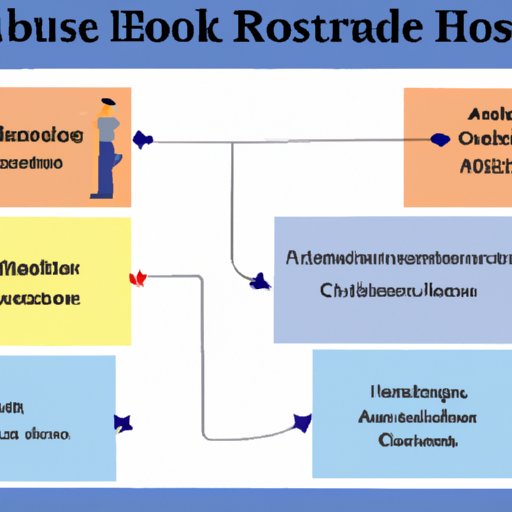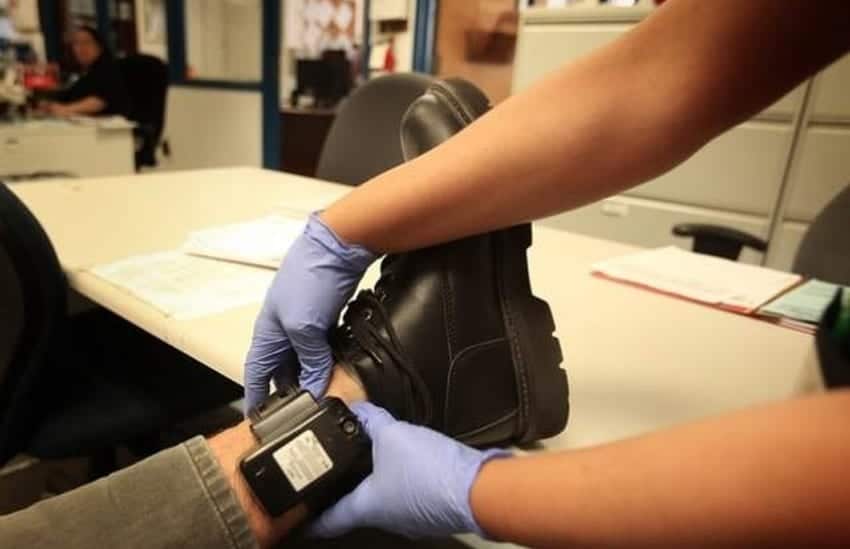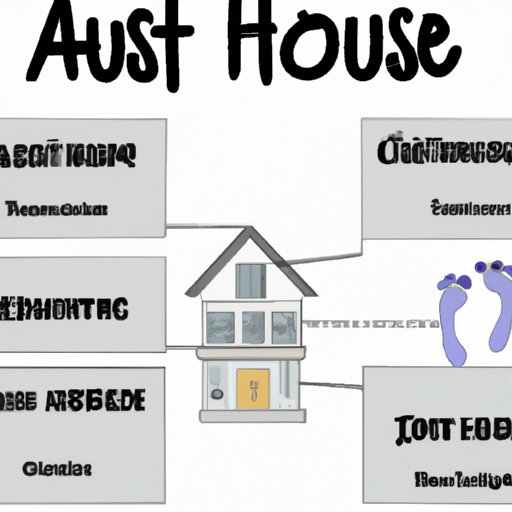How Do House Arrest Work - House arrest involves being confined to your primary residence rather than going to jail, prison, or juvenile detention. House arrest serves as an alternative to incarceration, allowing individuals to serve their sentences within their homes. House arrest is a form of sentencing in which the court orders an offender to remain in their home until the completion of.
House arrest is a form of sentencing in which the court orders an offender to remain in their home until the completion of. House arrest involves being confined to your primary residence rather than going to jail, prison, or juvenile detention. House arrest serves as an alternative to incarceration, allowing individuals to serve their sentences within their homes.
House arrest serves as an alternative to incarceration, allowing individuals to serve their sentences within their homes. House arrest is a form of sentencing in which the court orders an offender to remain in their home until the completion of. House arrest involves being confined to your primary residence rather than going to jail, prison, or juvenile detention.
How Does House Arrest Work? A Comprehensive Guide to Sentencing
House arrest involves being confined to your primary residence rather than going to jail, prison, or juvenile detention. House arrest serves as an alternative to incarceration, allowing individuals to serve their sentences within their homes. House arrest is a form of sentencing in which the court orders an offender to remain in their home until the completion of.
What is House Arrest & How Does it Work? Lawrina
House arrest is a form of sentencing in which the court orders an offender to remain in their home until the completion of. House arrest involves being confined to your primary residence rather than going to jail, prison, or juvenile detention. House arrest serves as an alternative to incarceration, allowing individuals to serve their sentences within their homes.
Facts About House Arrest
House arrest serves as an alternative to incarceration, allowing individuals to serve their sentences within their homes. House arrest is a form of sentencing in which the court orders an offender to remain in their home until the completion of. House arrest involves being confined to your primary residence rather than going to jail, prison, or juvenile detention.
How Does House Arrest Work? A Comprehensive Guide to Sentencing
House arrest is a form of sentencing in which the court orders an offender to remain in their home until the completion of. House arrest serves as an alternative to incarceration, allowing individuals to serve their sentences within their homes. House arrest involves being confined to your primary residence rather than going to jail, prison, or juvenile detention.
How Does “House Arrest” Work in Maryland? Drew Cochran, Attorney at
House arrest involves being confined to your primary residence rather than going to jail, prison, or juvenile detention. House arrest serves as an alternative to incarceration, allowing individuals to serve their sentences within their homes. House arrest is a form of sentencing in which the court orders an offender to remain in their home until the completion of.
SCRAM House Arrest Total Court Services Ignition Interlock
House arrest involves being confined to your primary residence rather than going to jail, prison, or juvenile detention. House arrest is a form of sentencing in which the court orders an offender to remain in their home until the completion of. House arrest serves as an alternative to incarceration, allowing individuals to serve their sentences within their homes.
What Is House Arrest And How Does It Work?
House arrest involves being confined to your primary residence rather than going to jail, prison, or juvenile detention. House arrest serves as an alternative to incarceration, allowing individuals to serve their sentences within their homes. House arrest is a form of sentencing in which the court orders an offender to remain in their home until the completion of.
How Does House Arrest Work After A Criminal Conviction? Hennepin
House arrest involves being confined to your primary residence rather than going to jail, prison, or juvenile detention. House arrest serves as an alternative to incarceration, allowing individuals to serve their sentences within their homes. House arrest is a form of sentencing in which the court orders an offender to remain in their home until the completion of.
What Is House Arrest How Does Work
House arrest involves being confined to your primary residence rather than going to jail, prison, or juvenile detention. House arrest is a form of sentencing in which the court orders an offender to remain in their home until the completion of. House arrest serves as an alternative to incarceration, allowing individuals to serve their sentences within their homes.
Video Infographic How Does House Arrest ACTUALLY Work? Infographic
House arrest involves being confined to your primary residence rather than going to jail, prison, or juvenile detention. House arrest is a form of sentencing in which the court orders an offender to remain in their home until the completion of. House arrest serves as an alternative to incarceration, allowing individuals to serve their sentences within their homes.
House Arrest Serves As An Alternative To Incarceration, Allowing Individuals To Serve Their Sentences Within Their Homes.
House arrest is a form of sentencing in which the court orders an offender to remain in their home until the completion of. House arrest involves being confined to your primary residence rather than going to jail, prison, or juvenile detention.









